August 2022
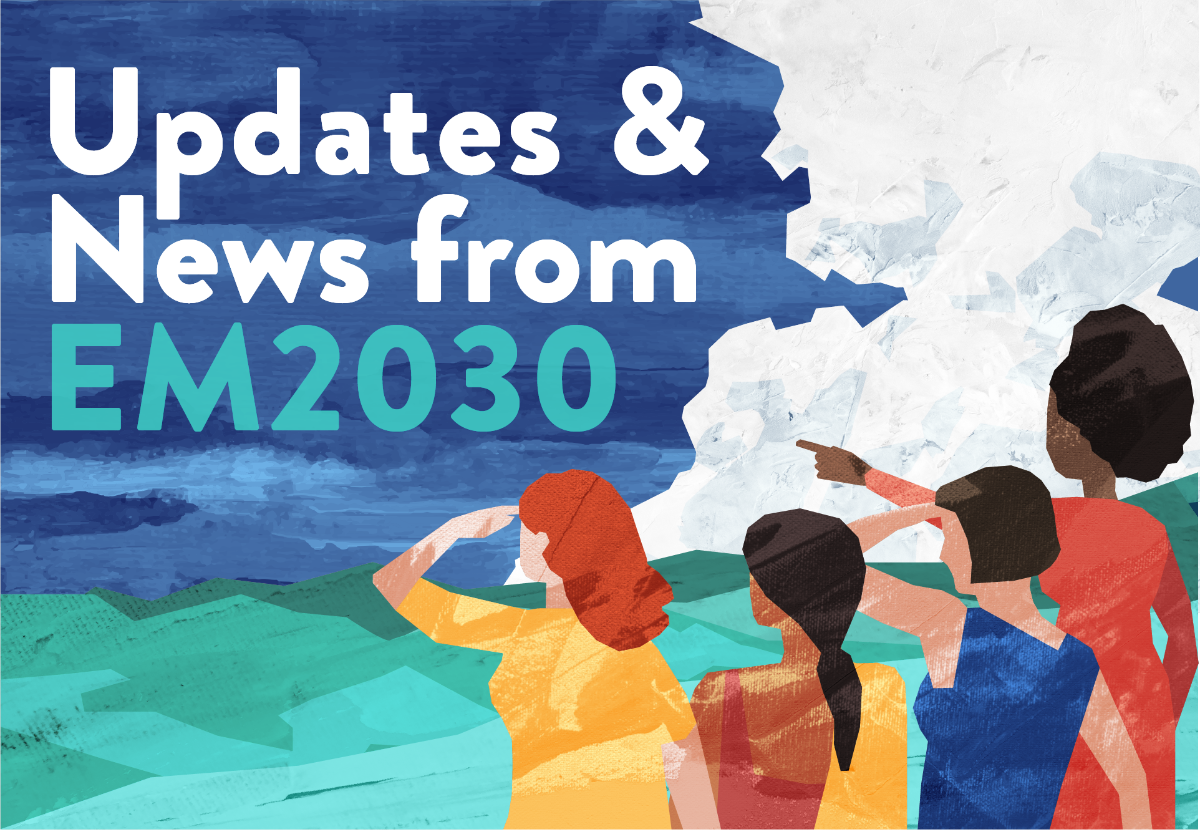

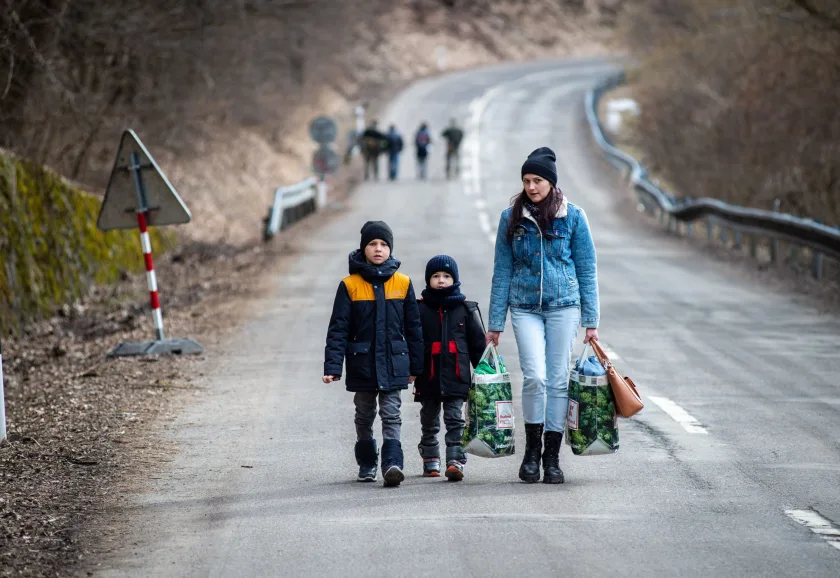
By Alison Holder via Fortune
International Women’s Day 2022 may struggle to cut through in this time of global uncertainty, with news feeds filled with threats of “World War 3” and the fallout of the global pandemic.
There may be a few weary branding campaigns that mention the day, some half-hearted corporate presentations about increasing diversity in the boardroom, maybe some people will even add a banner to their Twitter photo on March 8. But underneath this, there is a sense of malaise and distraction: “We don’t have time to worry about gender equality this year when there’s a war to win.”
However, ignoring the links between gender equality and international peace and prosperity would be a grave mistake. These issues are inextricably linked. International Women’s Day must be a reminder that no country has reached gender equality–and that progress in recent years has been slow at best. Less than a quarter of countries are making “fast” progress towards gender equality and one in every three countries is either making no progress at all or is moving in the wrong direction.
Would a more gender-equal world also be one that is safer and more peaceful? The simple–and evidence-based–answer is a resounding yes.
Gender equality has been shown to be the most important predictor of peace–more so than a country’s wealth, level of democracy, or religious identity. Gender-equal countries are less likely to go to war, to use force first during conflicts, or to be involved in violent international crises. States that invest in women are more likely to be wealthy, stable, and democratic. It is for these reasons that gender equality has been described as “the taproot of international security.”
Why? Simply because women would be equally represented in positions of power and hold their rightful seats at decision-making tables. Today, women hold just a quarter of ministerial or senior government positions.
Who is around the NATO table making crucial decisions about how to respond to Russia’s invasion of Ukraine? Just four of the 30 NATO countries (13%) are led by women. Peace agreements which include women are 35% more likely to last at least 15 years, and yet seven out of every 10 peace processes still did not include women mediators or women signatories.
We also know that the more women in government, the greater the attention given to social welfare, legal protection, and transparency in government and business. It’s a virtuous circle: Governments with higher percentages of female ministers pursue more targeted policies that support gender equality.
From the links between testosterone in the male-dominated banking sector and risk-taking behaviors that contributed to the 2008 financial crash, to “toxic masculinity” and nuclear armament, it’s not difficult to see how greater gender equality would benefit us all, especially in times of international conflict.
Ensuring women have equal participation and representation is just one part of the puzzle when it comes to the links between gender equality and international security. Systemic discrimination against women is itself a form of domination and exploitation which is then manifested in state security and control. It should not be surprising to find that states that have little interest in fulfilling the rights and well-being of women also have little interest in a rules-based international order.
Our tolerance for pervasive gender inequality sits alongside our tolerance for a world made up of “haves” and “have nots”, where capital reigns supreme, where two-thirds of countries have increased military spending (instead of investing in health, welfare, and fighting climate change), and where international cooperation is increasingly overtaken by inward-looking nationalism.
In a patriarchal world, dominated by the power of men, escalations of “military might” become seen as the only way. In a more gender-equal world, we would benefit from the differing viewpoints, perspectives, and talents of our whole population. Perhaps more countries would have instituted Feminist Foreign Policies. Other strategies to deal with Putin’s aggression could have been put in place sooner. Following the money, drastic increases in financial transparency, and crackdowns on corruption, as well as renewed internationalism, diplomacy, and cooperation could have prevented the dangerous escalation we see today.
It doesn’t have to be this way. We know that rapid change on gender equality is possible. While global progress on gender equality is moving far too slowly to reach key targets globally by 2030, it is encouraging that more than half of countries worldwide have been moving in the right direction in recent years–and some at a relatively rapid pace.
We cannot let doom-scrolling push International Women’s Day down the priority list this year. Instead, we need to remember that gender equality is core to solving the discontent and disunity that so unsettles our world. In 2022 we need to not just remember International Women’s Day but reclaim its activist history and elevate our calls for a more equal, stable, and prosperous–future.
Alison Holder is the director of Equal Measures 2030, a global Gender Equality Partnership of Bill & Melinda Gates Foundation, PLAN International, FEMNET, ONE Campaign, and others.

“We are done talking.” The words of young advocate Shantel Marekera, who spoke alongside world leaders at the opening ceremony of the Generation Equality Forum last week in Paris, sum up the theme of this landmark gender equality event. As women’s rights activists from around the world gathered in Paris and virtually, their calls for action, funding, and accountability for commitments were loud, consistent, and clear. Over a year into the COVID-19 pandemic, which has also led to incredible regressions in gender equality (President Emmanuel Macron of France described COVID as an “anti-feminist virus”), the activists’ calls were also urgent.
The Generation Equality Forum in Paris came 26 years after the Beijing conference, where 189 countries agreed to the most progressive and ambitious blueprint ever for action on women’s rights. It was in Beijing in 1995 that Hillary Clinton made the watershed statement that “Women’s rights are human rights. And human rights are women’s rights.” And last week, Clinton joined U.S. Vice President Kamala Harris, Macron and other global leaders at the forum in Paris to remind us of those words.
As the three-day Generation Equality Forum came to a close, what prospect for gender equality activists’ demands that governments and other powerful actors “stop talking and start funding”?
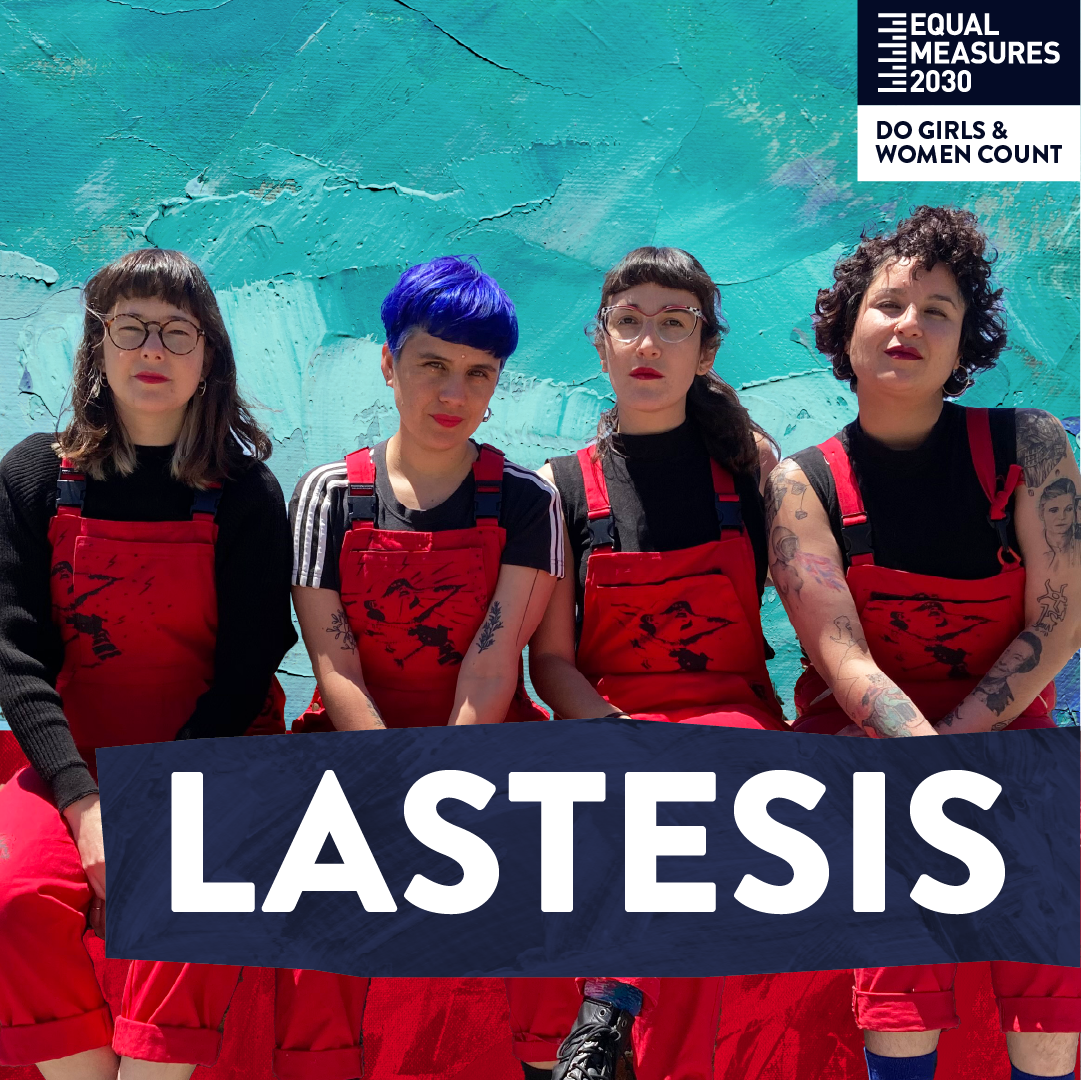

This episode we hear from Chilean feminist collective LASTESIS their performance : Un Violador en Tu Camino has been sung everywhere from Turkey and India to Kenya as a protest.
Archive from: Las Tesis, Colectivo Registro Callejero, Grafic Center, MUJERES AUDIOVISUALES ARGENTINA, Pamela Ortega, Edith Febles, Anteojo Rojo Prod, ISIDORA, FRANCISCA MELLADO, Noticieros Televisa, euronews (en español), FNTV – FreedomNewsTV, Quiasma Producciones, Rebel, France24
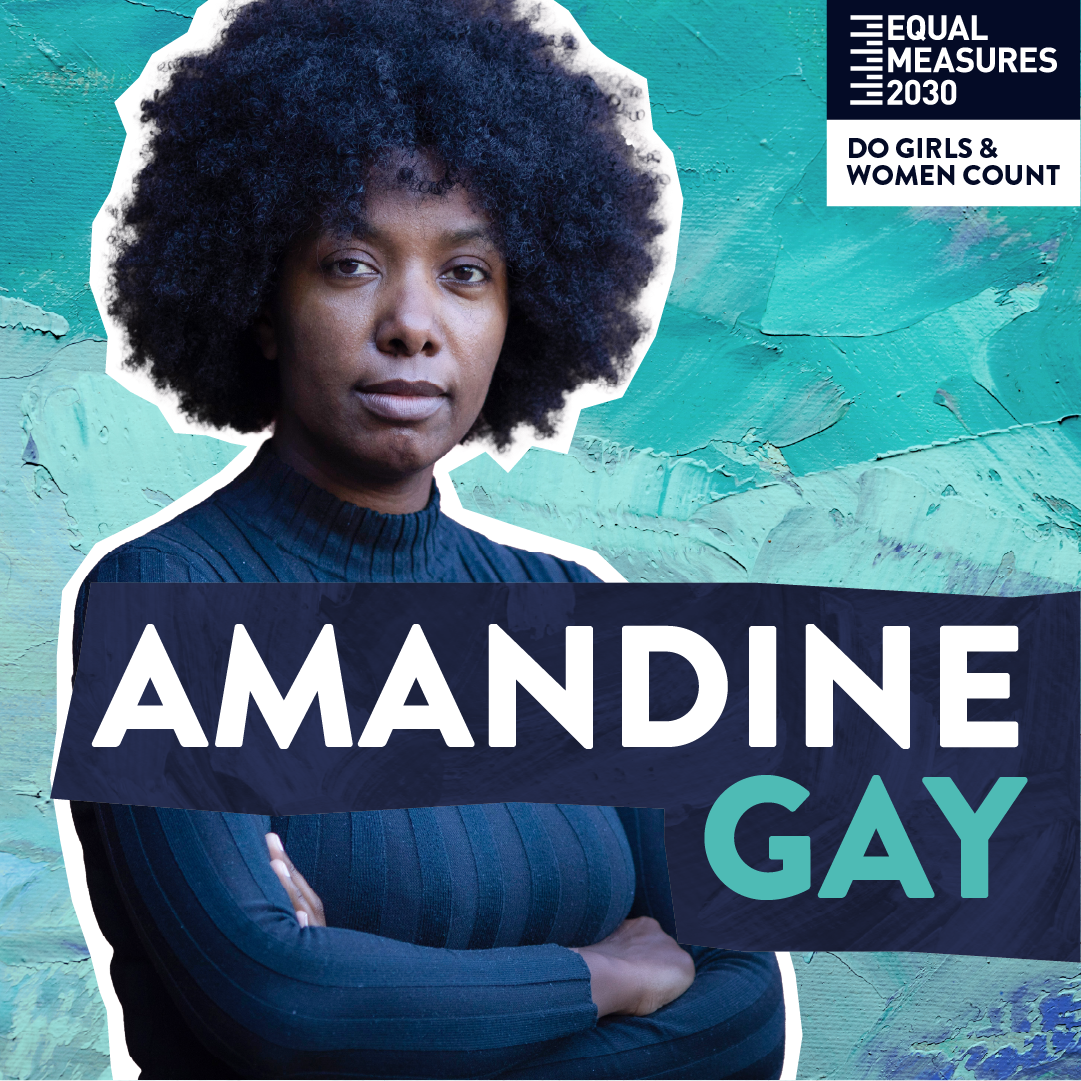

Amandine Gay, French Afrofeminist and director, gives a voice to transnational adoptees in France in her latest film Une Histoire à Soi so that they can reclaim the narrative. Herself an adoptee, she also tells us the story of her journey to know her own origins.


In this episode we hear from Sri-Lankan LGBTIQ rights activist Rosanna Flamer-Caldera. Rosanna is the founder of Equal Ground, the only organisation in Sri Lanka actively fighting for equal rights for the lesbian, gay, bisexual, transgender, intersex and questioning (LGBTIQ) community.
Archive from: Equal Ground, BBC News, Kino Library, NBC News
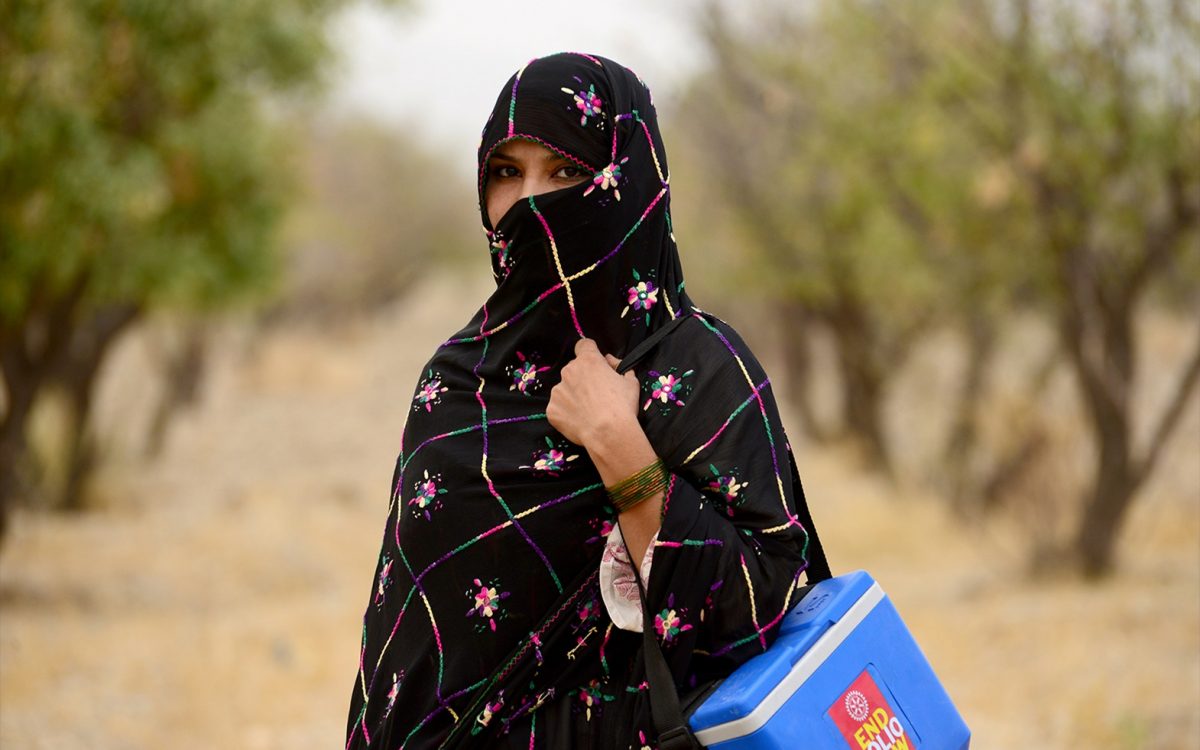
The rural women of Kitui county in Kenya had a serious problem. In this largely rural county, they traditionally cooked family meals and the staple Ugali in pots balanced on three stones over an open wood fire. They coughed and wheezed, their eyes irritated by the thick smoke that turned the walls of their unventilated kitchens black. They also spent at least two hours a day collecting firewood. Yet the energy policies adopted at the national level had not filtered down to the counties.
GROOTS Kenya, a grassroots women’s movement, organized and trained the rural women in Kitui county to measure the impact of unclean cooking in their communities, so they could figure out how bad this all was. They found that over two-thirds of families used the unclean three-stone method for everyday cooking.
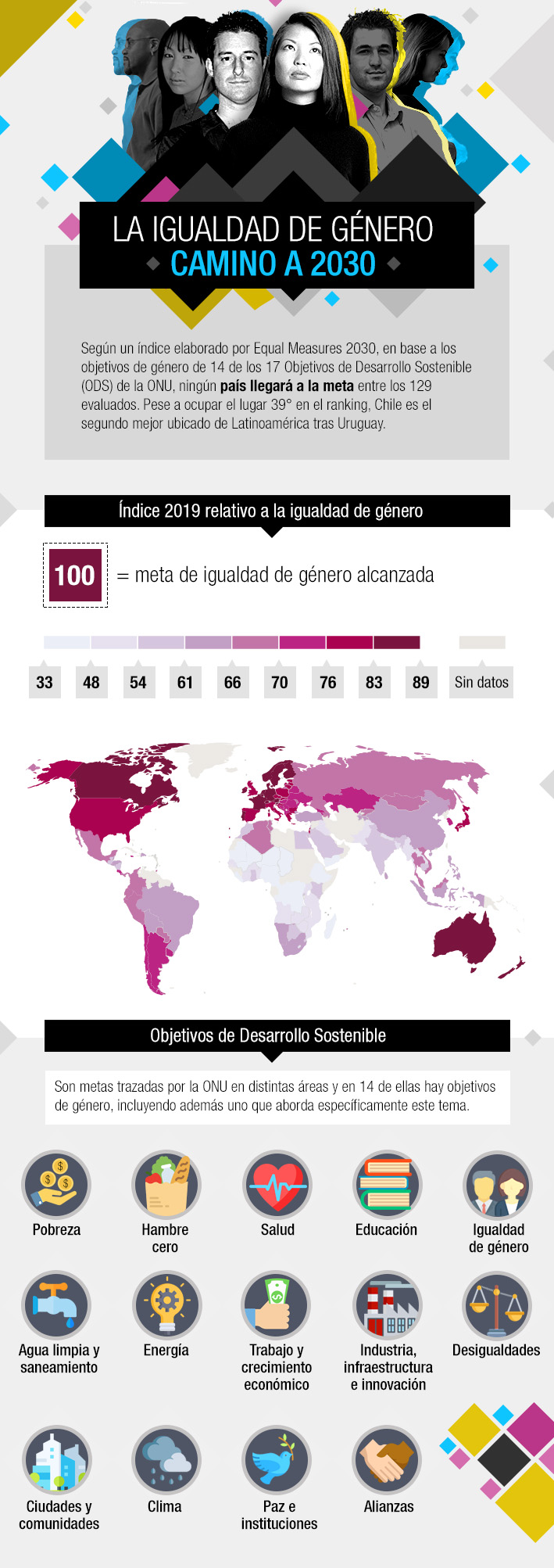
A recent report by Equal Measures 2030 notes that, at the current rate, no country will achieve equity within the next 11 years, with Chile in 39th place on the list.
Gender equality isn’t a women’s issue – it’s fundamental for a safer, fairer and more sustainable world. Recent reports highlighting insufficient global progress have been described as a “wake-up call to the world”. We must do more, and faster, to make gender equality a reality and ensure the most marginalised are not left behind.
By Tara John, CNN
Updated 1518 GMT (2318 HKT) June 3, 2019
(CNN)No country in the world is on track to achieve gender equality by 2030, according to the inaugural SDG Gender Index, which measures the state of gender equality against a set of global targets.Even among the index’s top performers, which are dominated by Nordic nations, not one is set meet the gender targets in 14 of the 17 United Nation’s Sustainable Development Goals (SDGs).The SDGs, which 193 countries signed up to in 2015, create a global road map to eradicate poverty and protect the planet, with a 2030 deadline.
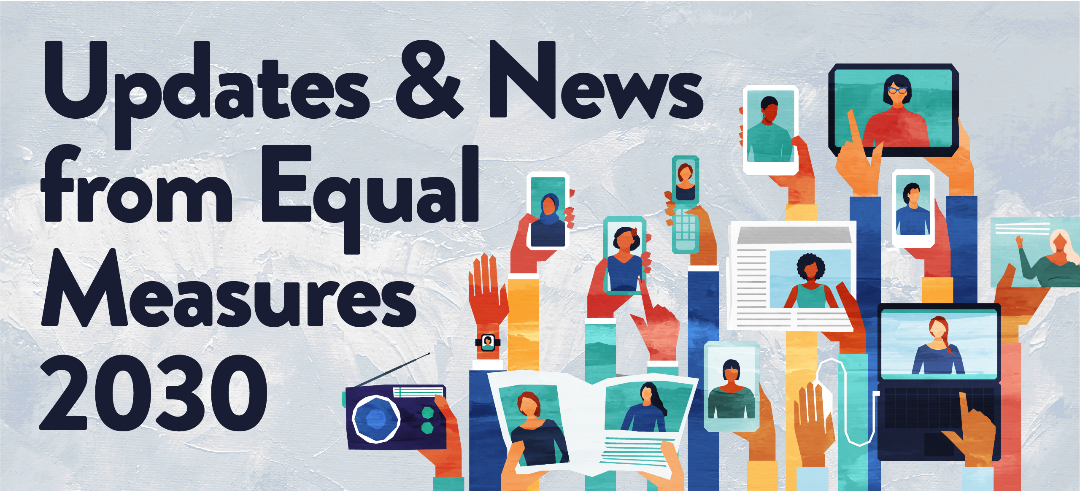
Sign up to stay up to date on all of Equal Measures 2030’s latest projects and products, progress on the gender equality aspects of the Sustainable Development Goals (SDG), gender data, and stories from gender equality advocates worldwide.